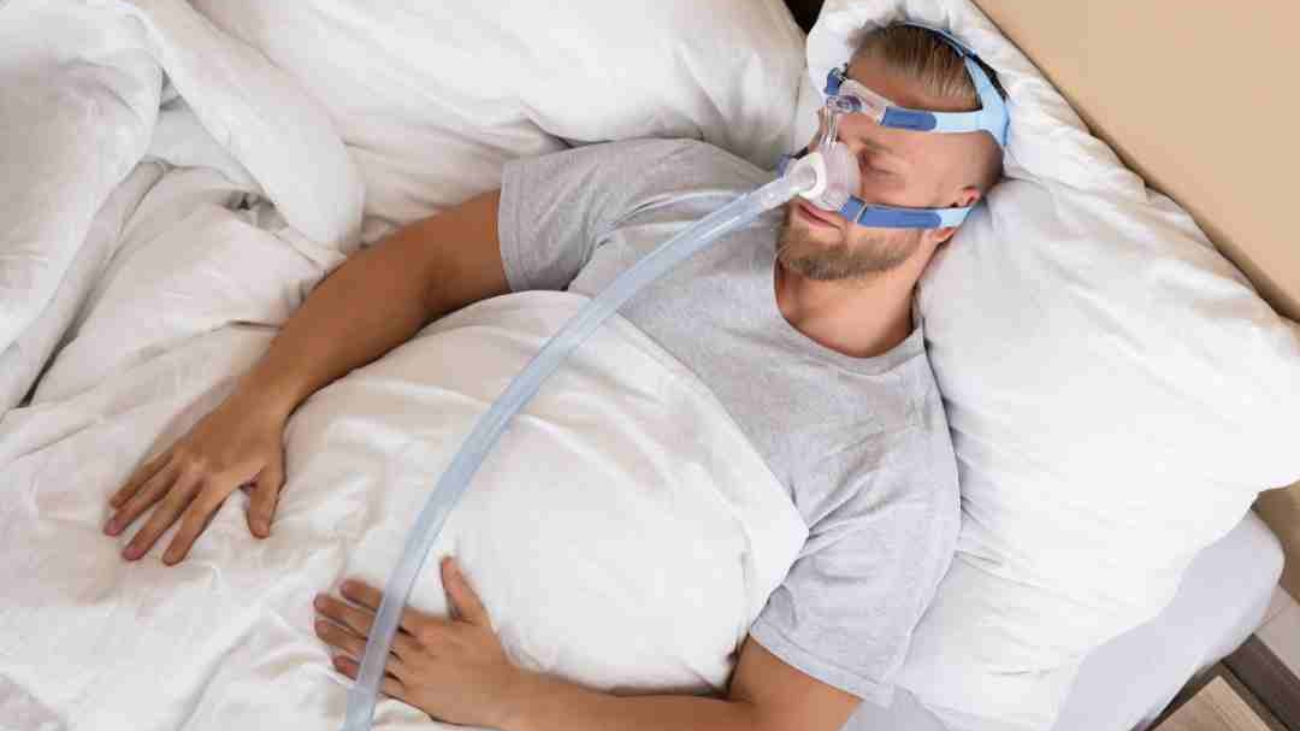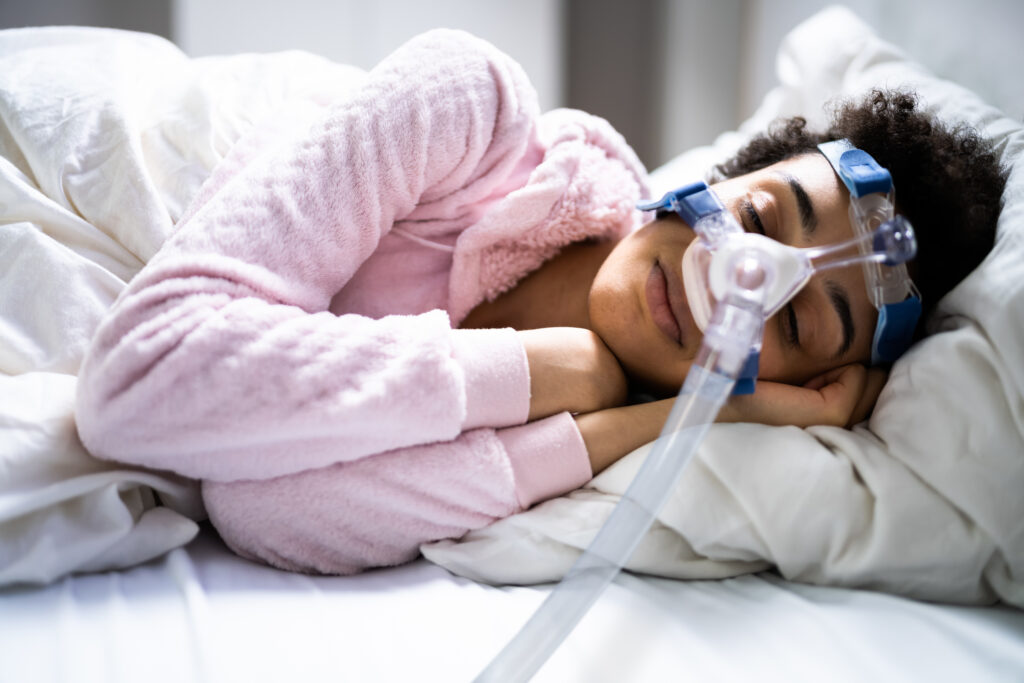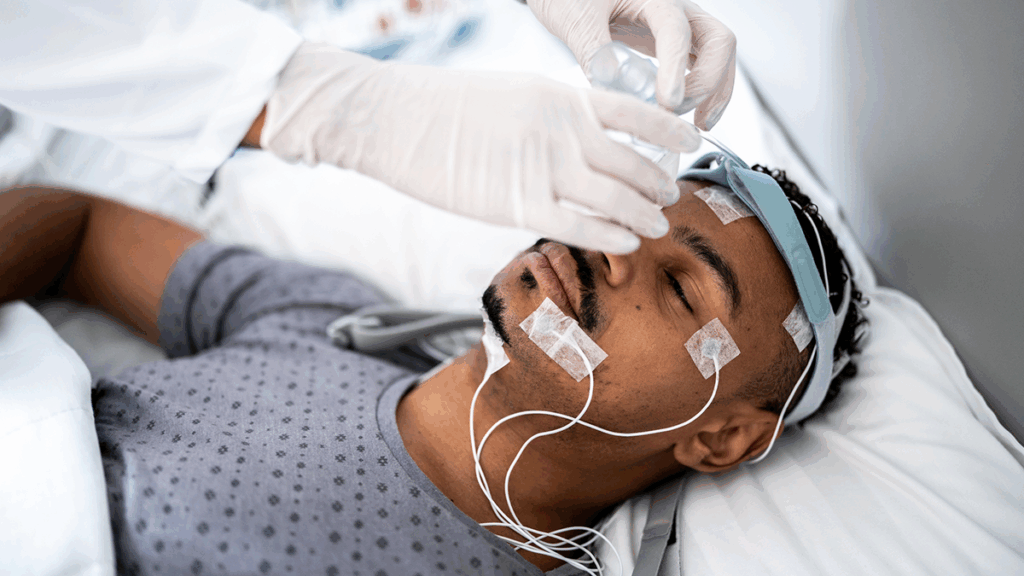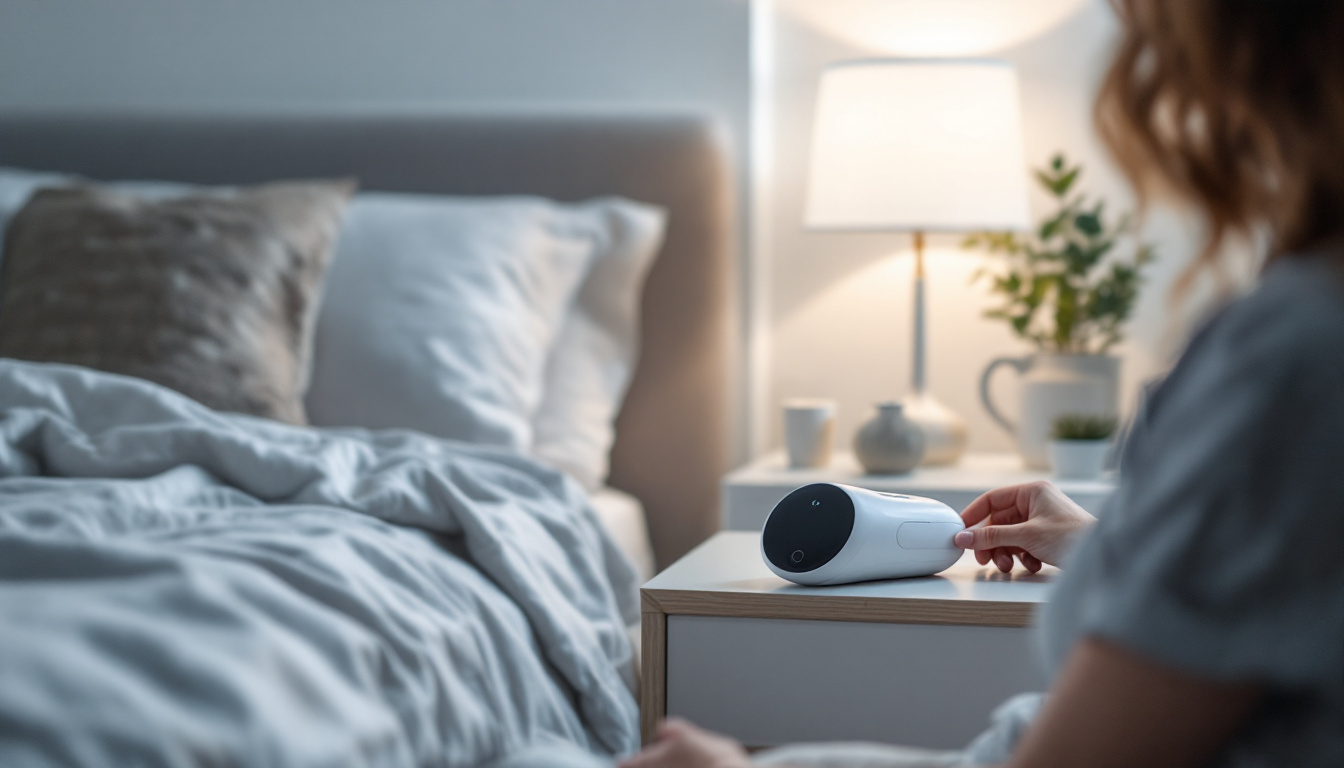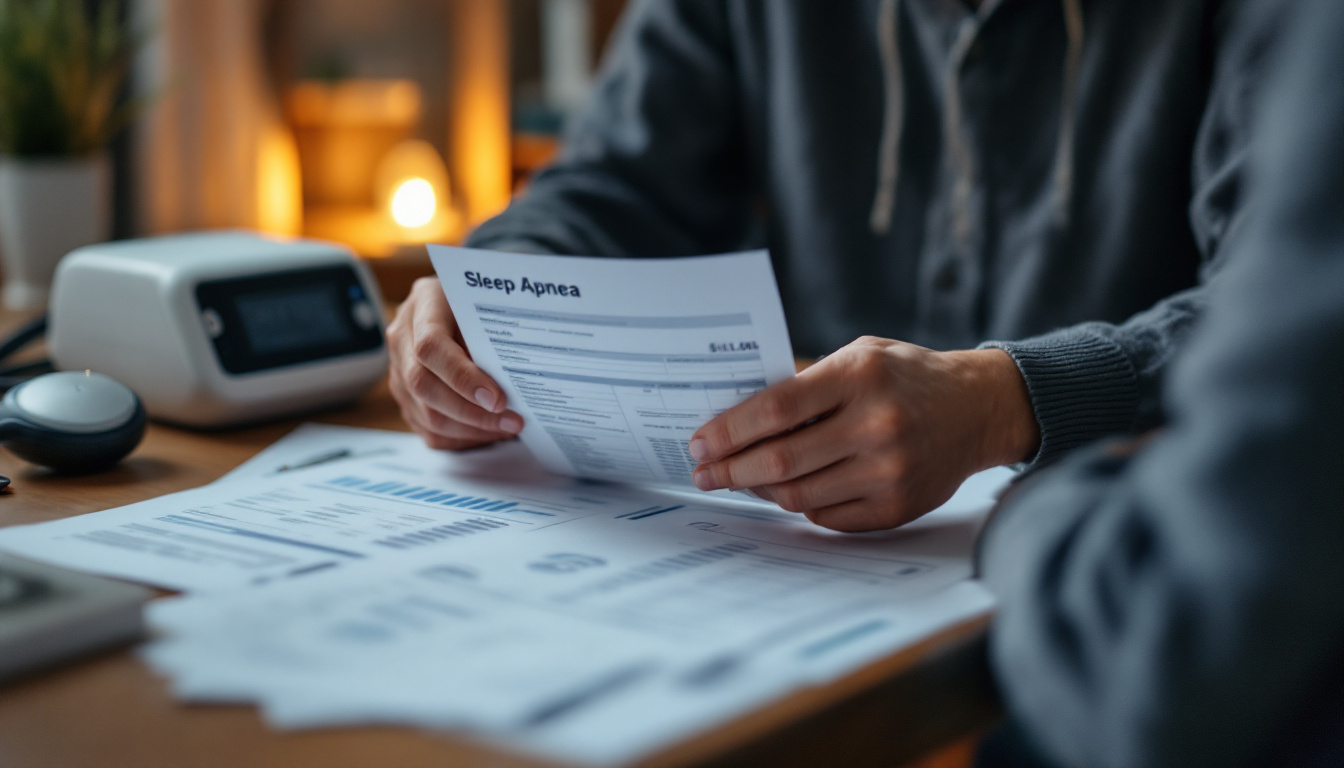Meta Description:
Looking for a sleep study in Sydney? Discover everything about sleep testing Sydney, including cost, methods, home sleep studies, and bulk-bill options for sleep apnea tests. Learn where to get tested and how to save on costs in Sydney.
Introduction: The Importance of Sleep Testing in Sydney
In today’s fast-paced world, sleep disorders like sleep apnea are becoming increasingly common. If you’re struggling with poor sleep, excessive daytime tiredness, or snoring, a sleep test in Sydney might be the solution you need. Sleep testing Sydney is crucial for diagnosing conditions like sleep apnea, a condition that can affect your overall health if left untreated.
This article will guide you through everything you need to know about sleep testing in Sydney—from the cost of a sleep study Sydney to the available testing methods and where to go for your test. Whether you’re looking for bulk-bill sleep study Sydney options or considering a home sleep study Sydney, we’ve got you covered.
What is a Sleep Test in Sydney?
A sleep study Sydney is a diagnostic test that helps healthcare providers identify sleep disorders, including sleep apnea, narcolepsy, and restless leg syndrome. During a sleep test, various body functions such as breathing, heart rate, oxygen levels, and brain activity are monitored to assess whether there are any disruptions to your sleep.
Types of Sleep Tests in Sydney
There are several types of sleep testing Sydney, including in-clinic studies and home sleep studies:
- Polysomnography (In-Clinic Sleep Study): This is the most comprehensive sleep test, typically done in a medical facility. It records brain activity, heart rate, breathing patterns, and eye movements while you sleep.
- Home Sleep Study Sydney: For those who prefer the comfort of their own home, a home sleep study Sydney involves using portable equipment to monitor breathing, oxygen levels, and heart rate during sleep. While less detailed than in-clinic studies, it can still provide valuable insights, especially for sleep apnea test Sydney.
Sleep Study Sydney Cost: What to Expect
One of the main factors people consider when opting for a sleep study Sydney is the cost. Sydney sleep study cost varies depending on the type of test and provider, with prices ranging from affordable to quite expensive. Here’s what you can expect:
In-Clinic Sleep Study Costs
An in-clinic sleep study Sydney typically costs between $1,000 and $2,500. The price includes the test itself, monitoring equipment, and analysis by a sleep specialist. However, many clinics in Sydney offer bulk-bill sleep study Sydney for eligible patients, making the process more affordable.
Home Sleep Study Sydney Costs
A home sleep study Sydney is usually more affordable, with prices ranging from $300 to $600. The sleep study cost Sydney is significantly lower because there are no in-hospital fees, and the equipment is often simpler to use. Many people with mild to moderate sleep apnea opt for home sleep study Sydney as it offers an effective diagnosis at a lower cost.
Bulk-Bill Sleep Study Sydney
For those with Medicare or private health insurance, bulk-bill sleep study Sydney is a cost-saving option. Under bulk-billing, the cost of a sleep study in Sydney may be fully covered by Medicare, leaving you with no out-of-pocket expenses. Be sure to confirm with your provider whether they offer bulk-billing options.
Methods of Sleep Testing in Sydney: Which One is Right for You?
When it comes to sleep testing Sydney, there are two main methods: in-clinic polysomnography and home sleep studies. Each method has its advantages, and the right one for you depends on your symptoms and preferences.
Polysomnography (In-Clinic Sleep Study)
Polysomnography is the most thorough method for diagnosing sleep disorders. During an in-clinic sleep test Sydney, you will be hooked up to various monitoring devices that record brain waves, muscle activity, heart rate, and breathing patterns. This type of sleep testing Sydney is typically used for complex sleep disorders or when the doctor needs detailed information.
Pros:
- Most comprehensive test for diagnosing sleep apnea
- Monitors multiple factors in real-time
Cons:
- More expensive
- Requires you to spend the night at a clinic, which some may find uncomfortable
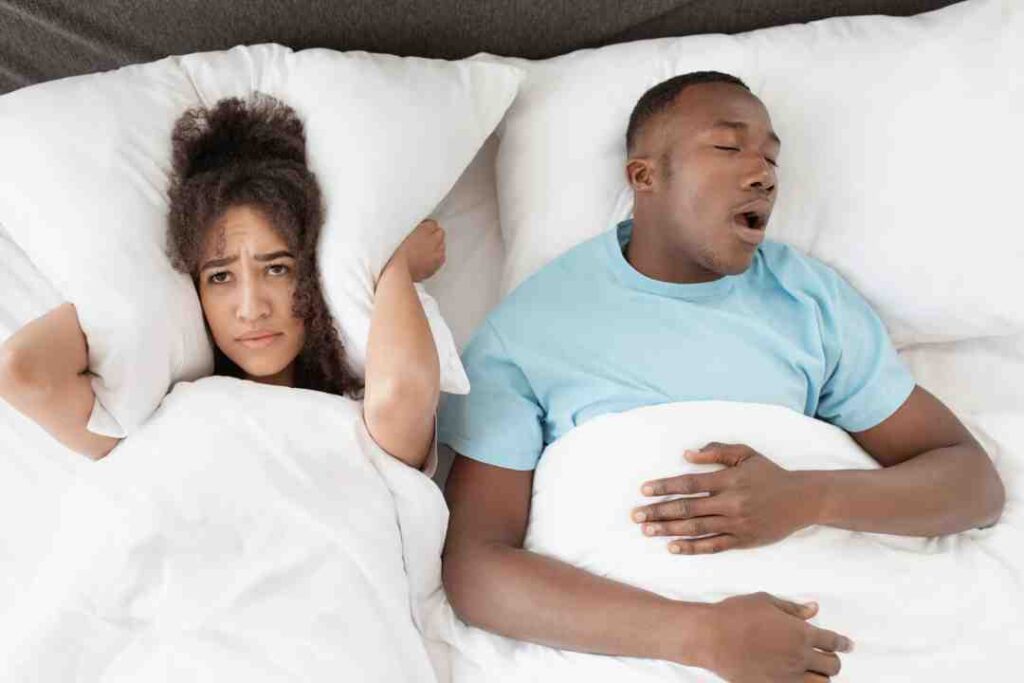
Home Sleep Study Sydney
A home sleep study Sydney is an excellent option for people who suspect they have sleep apnea but do not need the comprehensive data that comes with an in-clinic test. This type of test allows you to monitor your sleep at home using a small, portable device that measures your oxygen levels, heart rate, and breathing patterns.
Pros:
- More affordable
- No need to leave your home
- Easier to arrange
Cons:
- Less detailed compared to in-clinic tests
- May not detect other underlying sleep disorders
Where to Get a Sleep Study in Sydney?
There are several reputable clinics and hospitals in Sydney offering sleep testing Sydney. Some of the most well-known providers include:
- Sydney Sleep Centre: A leading sleep clinic offering both in-clinic and home sleep study Sydney options. They provide a comprehensive approach to diagnosing and treating sleep disorders.
- The Royal Prince Alfred Hospital: Known for its excellent sleep disorder services, RPA offers bulk-bill sleep study Sydney options for eligible patients through Medicare.
- Sleep Health Foundation: Offering sleep apnea test Sydney, the Sleep Health Foundation is dedicated to providing affordable sleep studies and support for individuals suffering from sleep disorders.
When selecting a provider, be sure to check if they offer bulk-bill sleep study Sydney or if your insurance will cover the cost of the sleep study Sydney cost.
Conclusion: Choose the Right Sleep Study for Better Sleep Health
A sleep study Sydney is an essential diagnostic tool for identifying and managing sleep disorders like sleep apnea. Whether you opt for an in-clinic polysomnography or a home sleep study Sydney, both methods can help you get the answers you need to improve your sleep health. With varying costs for both types of tests, home sleep study Sydney offers a more affordable option, while bulk-bill sleep study Sydney makes in-clinic tests more accessible for those with Medicare.
By understanding your options, costs, and where to get tested, you can make an informed decision about which sleep study in Sydney is right for you. Don’t let sleep apnea or other sleep disorders go undiagnosed—take the first step towards better sleep health today.
FAQs
The cost of a sleep study Sydney can range from $300 for a home sleep study Sydney to $2,500 for an in-clinic sleep test Sydney, depending on the type of test and the provider.
Yes, many clinics offer bulk-bill sleep study Sydney for eligible patients under Medicare. Be sure to confirm with your provider whether they offer this option.
In-clinic tests are more comprehensive and involve overnight monitoring at a medical facility, while home sleep study Sydney allows you to monitor your sleep at home using portable equipment.
You can get a sleep test Sydney at clinics like Sydney Sleep Centre, The Royal Prince Alfred Hospital, or Sleep Health Foundation, all of which offer in-clinic and home sleep study Sydney options.
Home sleep study Sydney is effective for diagnosing sleep apnea but may not be as detailed as an in-clinic study. In some cases, additional testing may be required.

